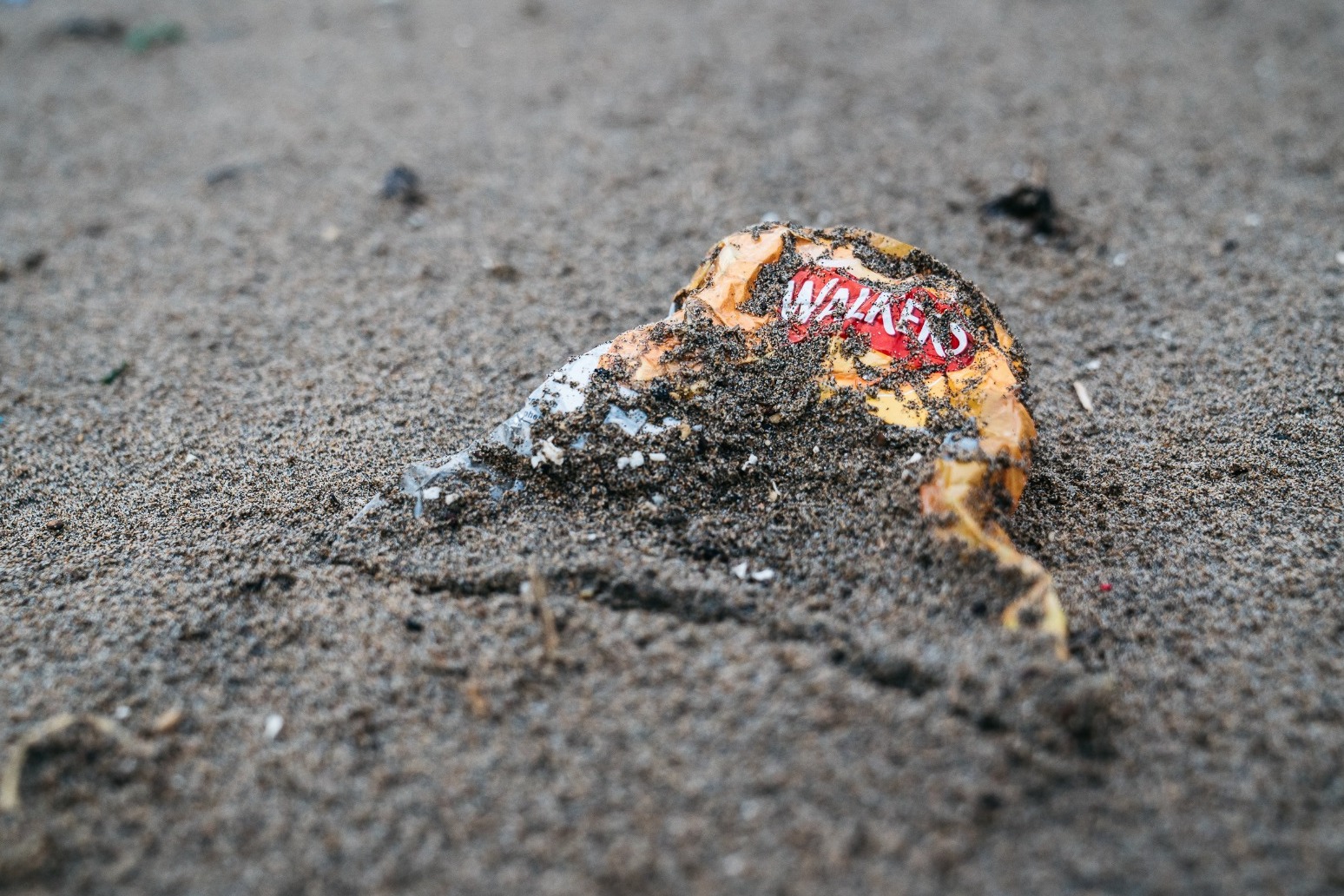
Environment, Food and Rural Affairs Committee, said penalties of £10-20 million would be more appropriate
The Environment Agency (EA) should not be issuing penalties of £250 million to water companies who dump sewage, its chairman has said.
Speaking to the Environment, Food and Rural Affairs Committee, Alan Lovell said penalties of £10-20 million would be more appropriate, and stressed there was a difference between an EA penalty and a court fine.
Last month, Environment Secretary Therese Coffey was criticised for reportedly backing down on plans to increase penalties to £250 million.
Mr Lovell said: “The previous secretary of state did suggest that the limit on penalties should increase from £250,000 to £250 million. That number I believe to be higher than should be given to us for a penalty which we can impose.
“For very serious offences we will still prosecute and we are engaged in a very serious investigation at the moment of all water companies, which started 18 months ago.”
Data from the EA and analysed by Labour found that sewage discharges between 2016 and 2021 amounted to 9,427,355 hours, with critics saying the EA is not being tough enough.
The Government has said this is because water companies were made to increase monitoring from 2016 so there is more data available.
Mr Lovell said there should be no set limit on fines imposed through the “time-consuming but ultimately very visible and vital process” of the courts and that penalties issued from the EA should be for less serious breaches.
He also denied that the privatised water system is completely broken and said shareholders could be a source of funding for “the major capital expenditure that is required over the next 20 years”.
Sir James Bevan, who is leaving as the EA’s chief executive after more than seven years, denied the agency has been letting water companies mark their own homework.
He said the system of self-monitoring and reporting means it is the EA who does the marking and forces water companies to pay for their pollution.
“I actually think with those appropriate checks and balances, operator self-monitoring is a good thing,” he added.
“Why do I say that? Well, it costs a lot of money and I think the polluters should pay and part of the cost is them investing in monitoring to know what’s going on and telling us what’s going on.
“The second reason I think it’s a good thing is because I want water companies to feel that knowing what’s going on in the environment and what they’re doing to it is just as important part of their business as knowing how much money they’re making or how much water they’re providing the public with.”
When questioned about a recent story in ENDS Report magazine, which claimed the EA knew illegal dumping was taking place 10 years ago but Sir James said it had only come to light recently, the outgoing chief executive said: “Don’t believe everything you read, ENDS is right about 45% of the time.
“The reality is that until 2016 when we required the water companies to start putting event duration monitors on all their 15,000 combined sewage overflows, we didn’t have a good sense of frequency in which they were spilling.”
Sir James admitted the EA is “manifestly not on track” to meet targets set in the Environmental Improvement Plan, highlighting that just 14% of rivers meet good ecological status instead of 75%.
He said while it is better to have targets that are overly ambitious rather than too easy, he is “not confident” that they will be met without additional funding.
In summing up his tenure at the EA, he said: “I think we’ve done pretty well. I think we have helped the nation become more resilient to the impacts of the changing climate. We’ve done that by building and maintaining hundreds of flood defences around the country.”
Sir James is due to leave the EA at the end of March while a new chief executive will begin on July 1, Mr Lovell said.
Published: by Radio NewsHub













